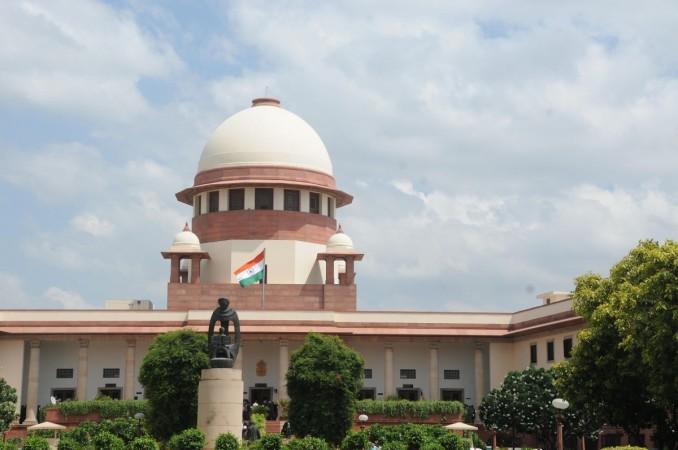
The Supreme Court might have upheld the right to privacy as a fundamental right, but activists and experts are of the opinion that this ruling will in turn affect the Right to Information (RTI).
Supreme Court upholds privacy as fundamental right: For the common citizen, it's a huge relief
"Privacy has been addressed by the RTI Act, under sections 8(1)(j) and Section 11," former chief information commissioner A N Tiwari told Times of India.
How will it affect common man?
The section 8(1)(j) of the RTI Act, 2005, says that "information which relates to personal information and the disclosure of which has no relationship to any public activity or interest, or which would cause unwarranted invasion of the privacy of the individual unless the Central Public Information Officer or the State Public Information Officer or the appellate authority, as the case may be, is satisfied that the larger public interest justifies the disclosure of such information: Provided that the information, which cannot be denied to the Parliament or a State Legislature shall not be denied to any person."
The section 11 of the RTI act, which also will be infringed by the Right to privacy deals with third party information.
"However, the fact is that there is certain conflict between the RTI Act and the right to privacy . What is possible is that orders for disclosure will now be challenged," stated Tiwari while adding that both the aforementioned sections, may itself be challenged, as the definition of "public good" gets questioned.
"RTI had created a weak situation for disclosure of private information.Pressure to disclose is high in public authorities, prompting private information being disclosed for 'public good'," said Tiwari.
"The use of the term is too wide. Someone is bound to challenge the definition of the term and the sections, now that right to privacy is a fundamental right," he explained.
Matters of public interest to get affected
The upholding of the Right to Privacy as a fundamental right is also making information activists ponder about its implications on the RTI Act.
![[Representational image] Delhi resident acquitted](https://data1.ibtimes.co.in/en/full/653575/delhi-resident-acquitted.jpg?w=614&h=409&l=50&t=40)
"Experience with implementation of the RTI Act has shown that there has been an unfortunate tendency to deny information on various critical matters citing privacy concerns. In each of these cases, there is great public interest in disclosure of information," said Anjali Bhardwaj of Satark Nagrik Sangathan, an organisation that uses RTI frequently.
She also stated that RTI is often useful in extracting information on assets and liabilities of public servants and evaluation of their professional performance, information relating to examinations and selections and information on educational degrees," reported TOI.
"In a country like ours, where institutions of probity and accountability are largely ineffective in controlling corruption, experience with the RTI law has shown that it is critical for people to have access to relevant information in order to empower them to fight graft," she said.











